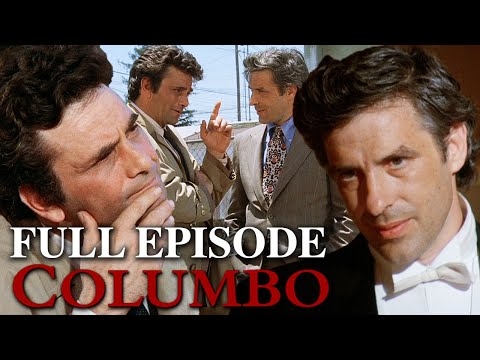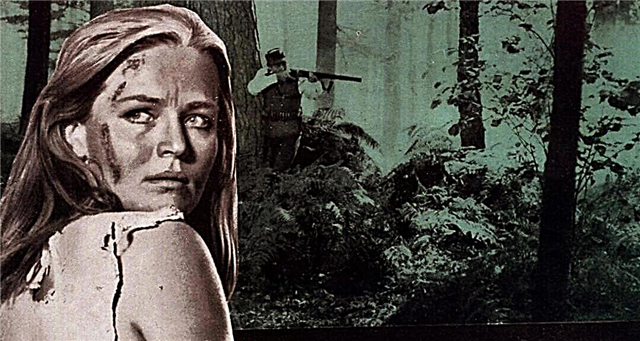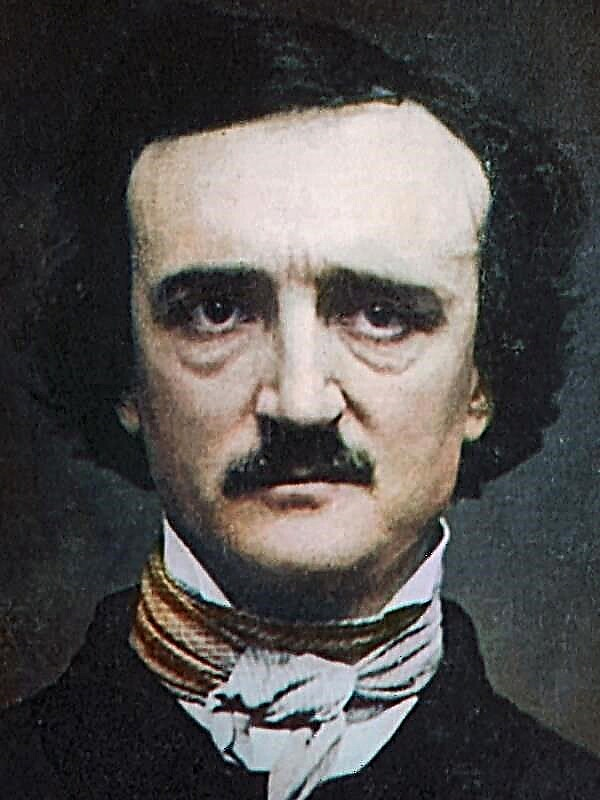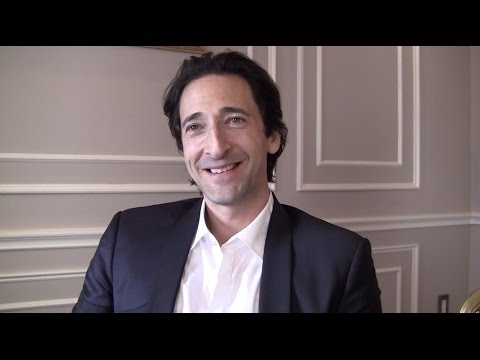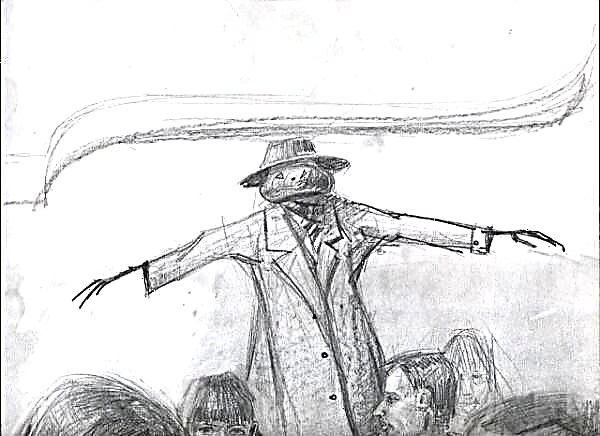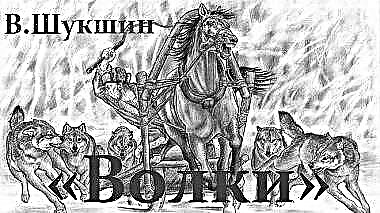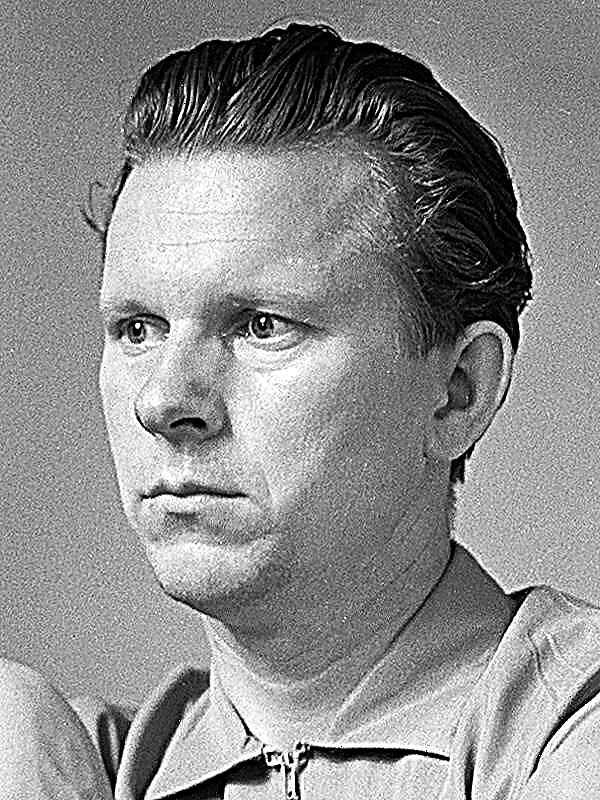(351 words) Not every person is given to see the true beauty of nature, to listen to her speech. Fedor Ivanovich Tyutchev possessed an amazing gift to notice even the most hidden faces of the world. The poet conducted a dialogue with him, felt an inextricable connection, learned hidden secrets, this is due to the fact that Tyutchev perceived nature as a living creature, endowing it with human qualities, this leitmotif passes through the entire landscape lyrics of the author, which is why the personification was the key technique in his poems .
The most famous work of the poet is considered "Spring Thunderstorm." A melodic, dynamic and lively poem, praising the divine essence of nature itself. Here, vivid images of natural phenomena harmonize with the inner world of the lyrical hero. Tyutchev devoted many works to individual seasons. For example, “Winter is not without reason angry ...” refers us to the eternal confrontation of a beautiful, young spring and an evil, harmful winter, when the world stands on the border of evil and good, death and life. The cold period of the year appears as a “witch” to us, and Tyutchev calls a tender spring “a beautiful child”. Thanks to such vivid images and dynamic events, the poem is transformed into a certain format of a fairy tale. “There is the original in the autumn ...” - another “seasonal” poem, which is dedicated to the golden time. The work is reverent, warm and sad at the same time. The poet described not just autumn, but only a short moment of it; he caught this elusive moment when nature withers:
Where a peppy sickle walked and an ear fell, / Now everything is empty - space is everywhere.
The world is preparing for a cold winter, but there is still time to enjoy the last sunny days. It is worth noting that Tyutchev was a master of metaphors and epithets, which is clearly visible in this poem: “crystal day”, “light hair web”, “idle furrow”, “clean and warm azure”, “resting field”. The theme of the unity of nature and man comes to the fore in Tyutchev’s landscape lyrics, but the poet put the world above human being. The problems and vanity of human life are incommensurable with the scale of the universe. Man like a grain of sand in the face of the universe is another important motive of Tyutchev's poetry. The poem “Summer Evening” reveals this, here we see the whole enormity of nature: the course of heavenly bodies, the movement of immense streams of air, the movement of groundwater - and all this is contemplated by a lyrical hero who is, as it were, in the center of the world, but he is only a small grain in boundless outer space.
Thus, Tyutchev’s landscape poems are the apogee of the union of two principles: the human mind and natural power.

